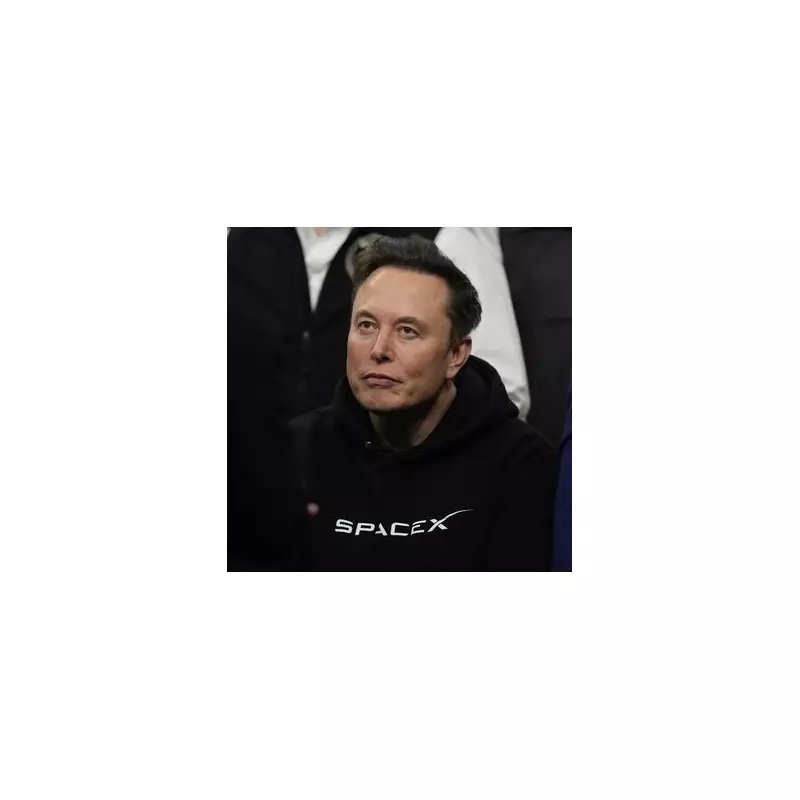
In a stunning legal development that has sent shockwaves through the corporate world, a Delaware judge has completely voided Elon Musk's colossal $56 billion compensation package from Tesla, declaring the arrangement "unfathomable" and fundamentally unfair to shareholders.
The Largest Compensation Package in Corporate History
The controversial pay deal, which was approved by Tesla shareholders back in 2018, represented what many considered the largest compensation package ever awarded in corporate history. The arrangement tied Musk's earnings to ambitious market capitalization and operational targets that many believed were nearly impossible to achieve at the time.
However, Chancellor Kathaleen St. Jude McCormick of Delaware's Court of Chancery delivered a devastating blow to the Tesla chief, ruling that the process leading to the package's approval was "deeply flawed" and that the board failed to demonstrate "the compensation plan was fair."
A Victory for Shareholder Rights
The landmark case was brought by Richard Tornetta, a Tesla shareholder who argued that Musk had effectively dictated his own terms to a board that lacked independence. The judge's 200-page ruling strongly supported this position, noting that the negotiating process was dominated by Musk rather than serving shareholder interests.
Key findings from the ruling include:
- The board failed to adequately inform shareholders about the process
- Musk maintained close relationships with several board members
- The compensation committee lacked genuine independence
- The performance targets, while ambitious, didn't justify the unprecedented scale of compensation
What This Means for Tesla's Future
This decision comes at a critical juncture for Tesla, as the electric vehicle manufacturer faces increasing competition and market pressures. The ruling not only invalidates Musk's compensation but also raises significant questions about Tesla's corporate governance structure and Musk's level of control over the company.
Legal experts are describing this as a watershed moment for corporate America, potentially setting new precedents for how executive compensation packages are structured and approved. The case highlights growing concerns about the concentration of power in the hands of visionary founders and the responsibilities of corporate boards to protect shareholder interests.
Tesla and Musk are expected to appeal the decision, setting the stage for a prolonged legal battle that could ultimately reach the Delaware Supreme Court. Meanwhile, shareholders and corporate governance advocates are celebrating the ruling as a significant victory for accountability and fairness in executive compensation.





